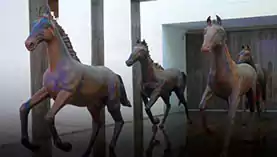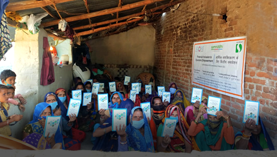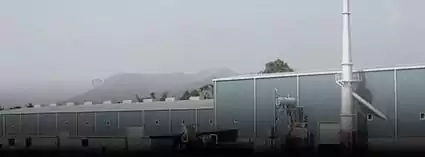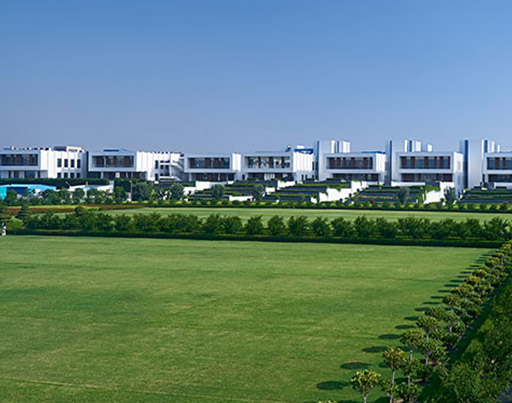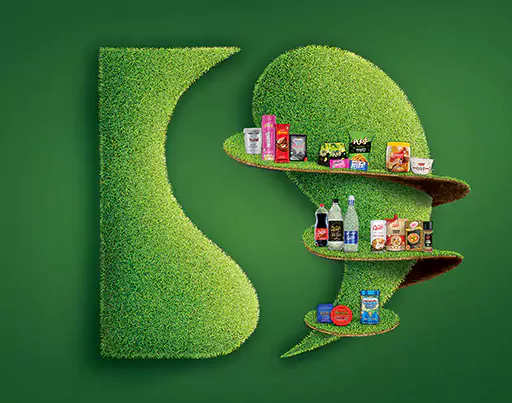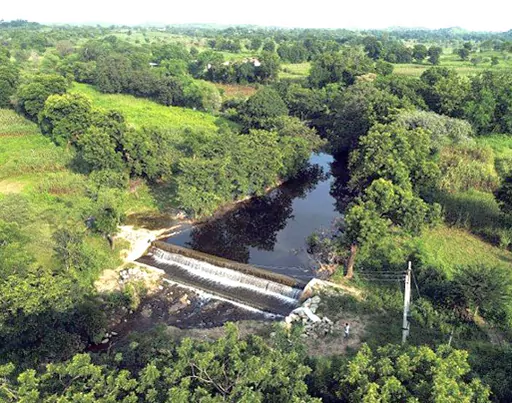Hydroponics and Vertical Farming: The Future of Agriculture
The agriculture industry is facing unprecedented challenges: limited land, changing climates, and a rapidly growing global population. As these challenges mount, the need for innovative, sustainable farming solutions has never been more critical.
Hydroponics and vertical farming are two groundbreaking techniques that promise to reshape the future of agriculture. DS Group is at the forefront of this transformation.
This blog will explore how hydroponics and vertical farming work, their benefits, and why they are key to ensuring a sustainable food future. It will also highlight DS Group's efforts to adopt these innovative methods and how they are shaping the future of agriculture.
What is Hydroponics?
Hydroponics is a soil-free farming method where plants are grown in a nutrient-rich water solution. Instead of soil, the plants' roots are supported by materials like rockwool or clay pellets. This system allows farmers to carefully manage water and nutrients, helping plants grow efficiently and thrive even without the need for soil.
The advantages of hydroponics are numerous. First, it significantly reduces the need for water, using up to 90% less water than traditional soil-based farming. Additionally, the absence of soil means there is less risk of pests and diseases, reducing the need for pesticides. DS Group integrates hydroponics into their farming practices, allowing them to grow high-quality, pesticide-free crops year-round while minimising their environmental footprint.
What is Vertical Farming?
Vertical farming is the practice of growing crops in stacked layers or vertically inclined surfaces, typically in controlled indoor environments. This method maximises space and allows crops to be grown in environments where traditional farming is not feasible, such as urban areas with limited land. Vertical farms often incorporate technologies like LED lighting and climate control systems to enhance plant growth.
Vertical farming can increase the yield per square foot compared to conventional farming by using vertical space. This is particularly beneficial in areas where land is scarce or too expensive for traditional agriculture. DS Group leverages vertical farming to maximise space and grow crops more efficiently and sustainably. It contributes to the growing need for food production in urban areas.
Benefits of Hydroponics and Vertical Farming
When combined, hydroponics and vertical farming offer a range of benefits that are crucial for the future of agriculture:
Water Efficiency
In traditional agriculture, water is often wasted due to inefficient irrigation systems. However, hydroponics uses up to 90% less water than soil-based farming, thanks to a closed-loop system that recycles water. This makes it a highly sustainable method, particularly in regions where water is scarce.
Increased Yield
Both hydroponics and vertical farming lead to higher yields in smaller spaces. Vertical farming allows crops to grow in multiple layers, while hydroponics ensures plants receive the precise nutrients, they need for optimal growth. The result is more food produced per square foot, making these techniques ideal for urban environments with limited land.
Reduction in Pesticide Use
Hydroponics eliminates the need for soil, which in turn reduces the presence of soil-borne pests. As a result, crops grown hydroponically are less reliant on pesticides, leading to healthier, more nutritious produce.
Environmental Sustainability
Both farming techniques contribute to environmental sustainability. Hydroponics and vertical farming help reduce agriculture's overall environmental footprint by using fewer resources like water and land and producing less waste. They also offer solutions for growing food in areas that are unsuitable for traditional farming.
Combining Hydroponics and Vertical Farming for Greater Impact
The true potential of these two farming methods is realised when they are combined. Vertical hydroponics integrates the space-saving benefits of vertical farming with the water and nutrient efficiency of hydroponics. This combination allows for highly productive, sustainable farming systems that can thrive in both urban and rural settings.
How DS Group is Leading the Way in Vertical Hydroponics
DS Group is committed to advancing the field of vertical hydroponics to help solve some of the most pressing challenges in agriculture today. Its vertical farms use the latest technology to create a controlled environment where crops can grow optimally throughout the year. This innovation allows them to grow diverse produce while minimising their environmental impact.
Their efforts in vertical farming and hydroponics are not just about improving productivity; they are part of a broader mission to promote sustainable practices in agriculture. Through these methods, they are helping to ensure a future where food production is more efficient, more sustainable, and better equipped to meet the needs of a growing global population.
Conclusion
The combination of hydroponics and vertical farming is set to revolutionise agriculture, offering a sustainable solution to food production in the face of global challenges. DS Group is a part of this transformation, embracing these innovative techniques to contribute to the future of agriculture. As DS Group continues to explore new possibilities and refine its approach, it remains committed to sustainable farming practices that will help nourish generations to come.
The future of agriculture is here, and DS Group is helping to shape it—one vertical hydroponic farm at a time.

